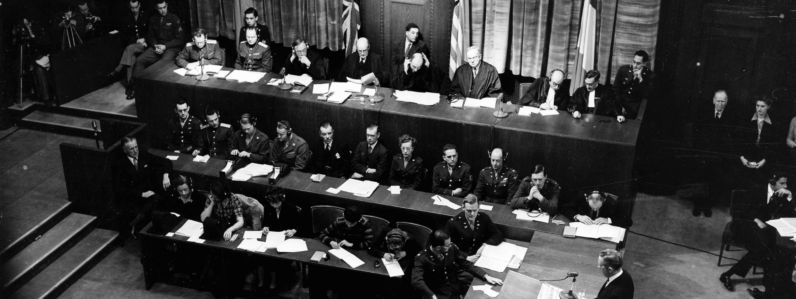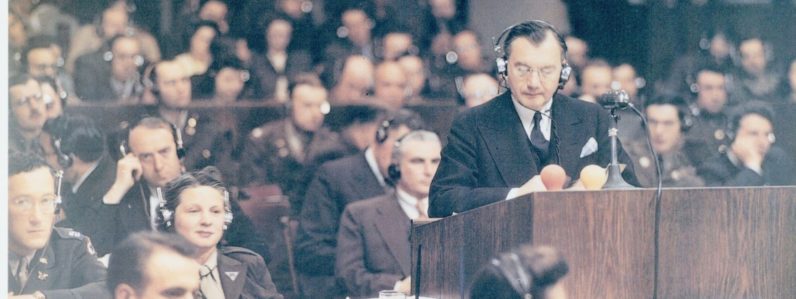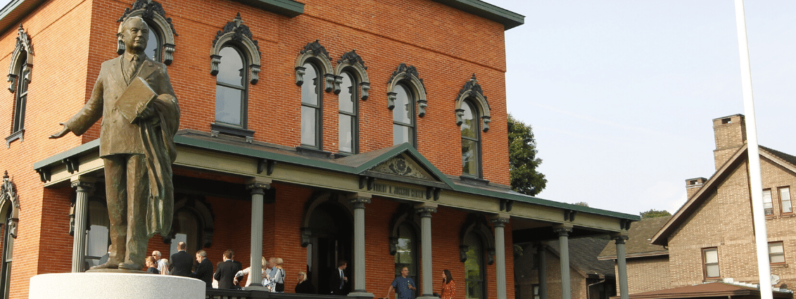A Short Biography
Born in 1821, Clara Harlow Barton lived a long full life dying at 91 in 1912. As the youngest of six children, Barton supplemented her education by working as a clerk and a bookkeeper for her eldest brother. Eventually, in 1853, she started her own school in Bordentown, New Jersey after teaching for several years. In searching for warmer climates Barton moved to Washington D.C. The Patent office employed her as a clerk from 1854 to 1857 until her anti-slavery opinions became too controversial. Moving back home to New England, Barton then continued the charity and philanthropy work she began in Washington.
Four years after returning home, the Civil War brought Barton back to Washington as a volunteer caring for wounded soldiers. In late 1861, Barton left the hospitals to care for soldiers on the battlefields. She organized able-bodied men to perform first aid, carry water, and prepare food for the wounded. Donations and her personal funds provided the supplies and transportation needed to provide aid to Union soldiers and Confederate prisoners.
In 1865, President Abraham Lincoln appointed Barton General Correspondent for the Friends of Paroled Prisoners. Barton responded to inquiries from friends and relatives of missing soldiers. Under this role, Barton established the Bureau of Records of Missing Men of the Armies of the United States. She also published rolls of missing men, which were posted across the country. In a culmination of a decade of work and travels to Geneva as a member of the International Red Cross, Barton helped establish the American Red Cross. She served as the organizations first president until 1904 and continued her philanthropy thereafter.






